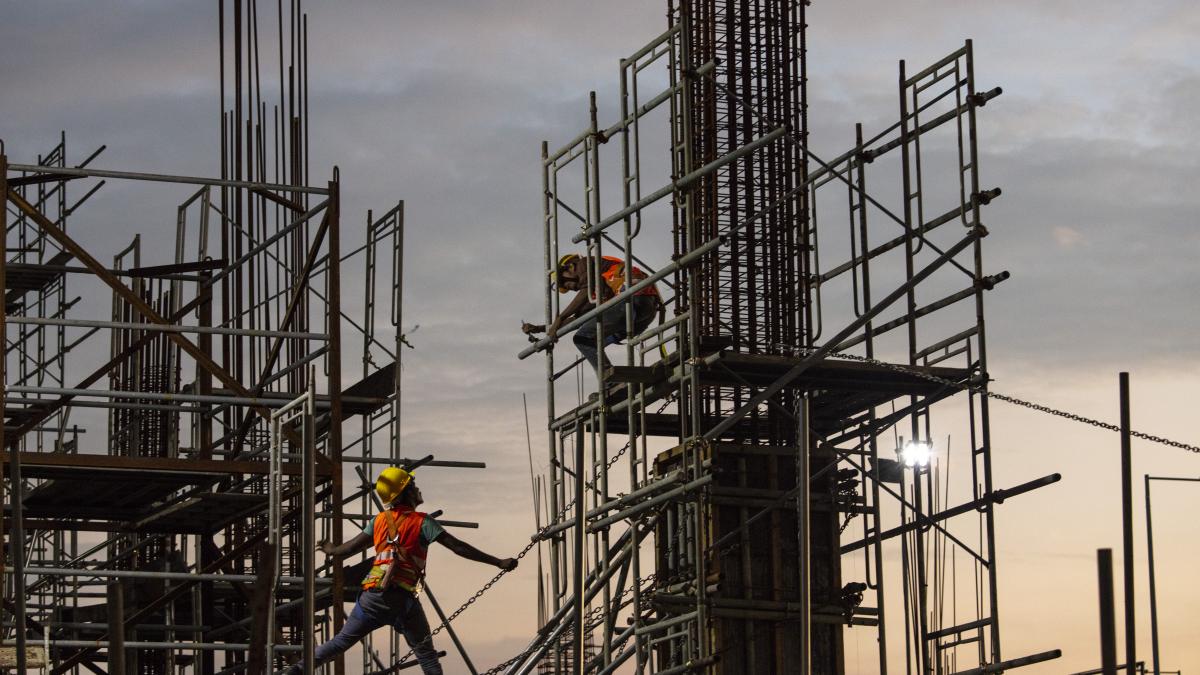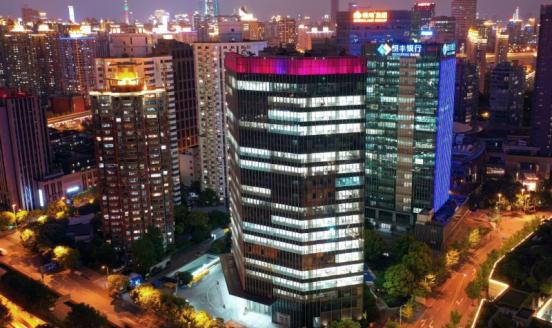BRI 2.0: How has the pandemic influenced China’s landmark Belt and Road Initiative?
China's BRI is undergoing a transformation after two years of pandemic. How is it changing and what are the consequences for Europe.

Speakers
Alessia Amighini
Non-resident fellow
Eyck Freymann
DPhil in Area Studies (China), University of Oxford
Xiaotong Zhang
Professor, Institute of Belt and Road Initiative & Global Governance, Fudan University,
Video recording
China’s grand infrastructure development strategy, the Belt and Road Initiative (BRI), has suffered as a result of the COVID-19 pandemic, at least when measured by the amount of funds lent or invested by China in BRI projects.
China’s isolationism after two years of closed borders, together with China’s worsening image globally, are two important reasons for this trend.
This does not mean that the BRI is dead, but rather that it is being transformed into a different animal.
In this seminar we discussed how this important strategy is changing, as well as the potential consequences for Europe.







